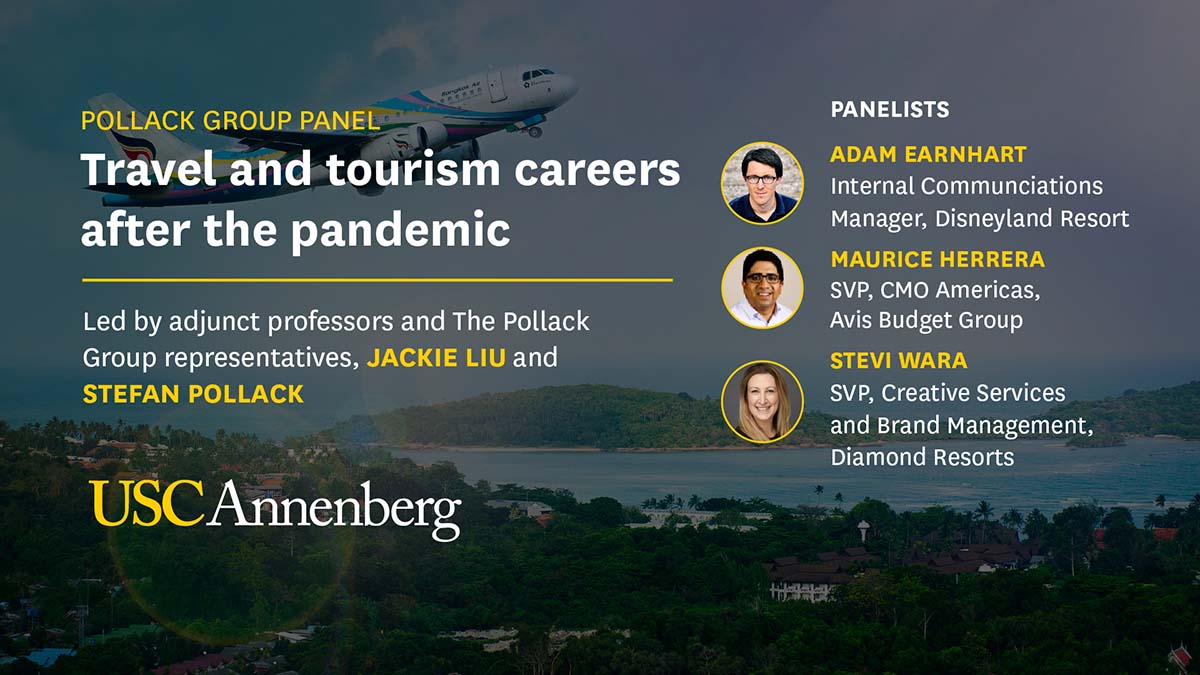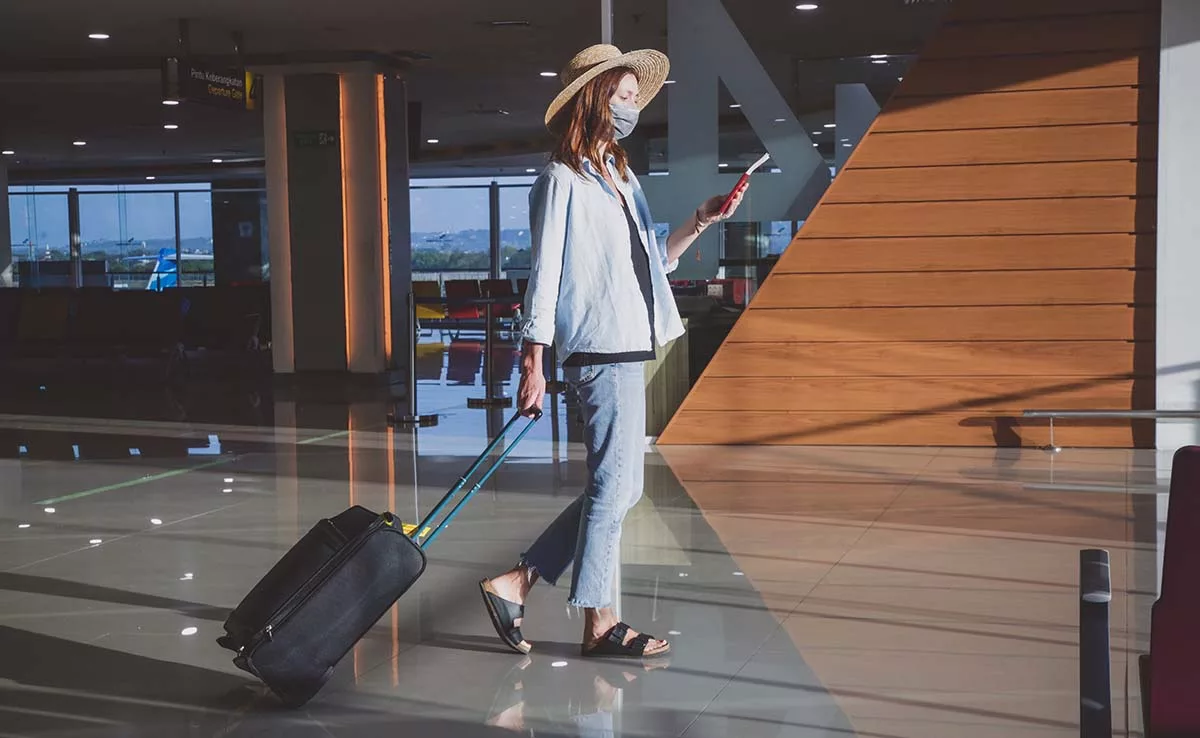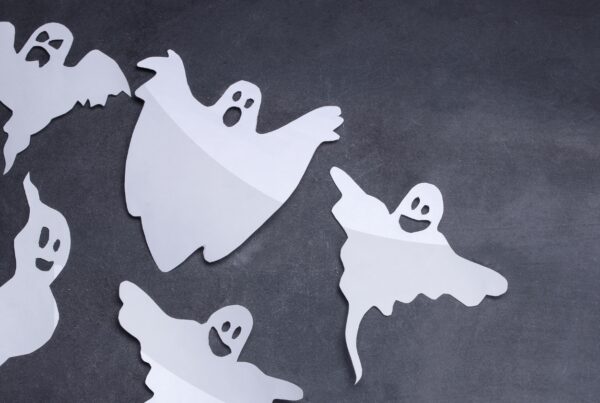By Eloise Monnin
For the past year, travelers and travel professionals have been in flux as they respond to the COVID-19 pandemic. Now, as the industry continues its recovery and restrictions are eased, it’s time to take stock as to the pandemic’s impact on this industry, how it will recover and what changes might impact its future.
The Pollack Group (TPG) recently collaborated with the USC Annenberg School for Communication and Journalism on a panel titled “Travel and tourism careers after the pandemic.” Hosted by TPG President Stefan Pollack and Vice President Jackie Liu, the panel featured Adam Earnhart, internal communications manager at Disneyland Resort; Maurice Herrera, SVP, CMO Americas at Avis Budget Group; and Stevi Wara, senior vice president, creative services and brand management at Diamond Resorts.

As a follow up to a previous travel and tourism panel in June 2020, the conversation shifted to focus on notable learnings and predictions. Here are some key questions and insights from the conversation:
What 2020 predictions were off the mark? What lessons were learned?
Uncertainty was a major theme of 2020. “I underestimated the duration we were going to be navigating these circumstances,” Earnhart said. “As the situation kept devolving, it was just a continuous recalibration of our expectations in parallel with the situation.”
“We thought there would be a return to travel, at least during the holidays, but we didn’t see it,” Herrera added. “As to the resurgence we see now, we didn’t see this coming either.”
For Herrera, the pandemic has been a valuable proponent for adaptability. “We’ve stopped trying to predict, and instead, the approach we are taking is to be as ready and agile as possible,” he said. He also noted that Avis Budget Group pivoted to focus on younger adults in the early stages of the pandemic. Many college students needed transportation home last spring as universities closed and they were wary of airline travel.
Wara referenced the 2008 recession in projecting an eventual rebound. “We knew there would be this pent-up demand, and it was a matter of when,” Wara said. “We knew they [tourists] were going home, and we needed to be ready. Anything can happen. We might have to shut down today and then open the floodgates tomorrow.”
Communicating COVID-19-conscious messaging with fans and customers
It can be challenging for diehard fans and travelers to accept that their vacation experience may be different considering the extra safety precautions. For Earnhart and Disneyland, this makes communicating new protocols and guidelines even more critical as they reopen Disney theme parks and resorts. “If we can convey to them why we are doing things and make it clear that we are doing this for the right reasons, then fans go to bat for us,” he said. “We did our best to implement consistent messaging and best practices at every site across the world, which helps legitimize the rules.”
Wara emphasized the need for speedy adjustments. “We were quick to learn the different standards of cleanliness and sanitization we needed at our properties. Families are still vacationing together and spending more time together, so now is an incredible time to be creative and innovative,” she said.
Lean on the subject experts
Early on, Avis Budget Group announced a coalition with RB (the maker of Lysol) and a team of medical professionals and groups. “We know how to service customers, and we know how to clean cars, but we didn’t know how to keep things disinfected,” Herrera said. “We needed to rely on people that were sources of authority, and we had to direct our communication to our employees, procurement professionals, and individual customers.”
What is next? What does the “new normal” look like?
“I think vacationing is going to be better than before because people missed it,” Wara said. “They are craving it. People can work from anywhere, check out at 6:00 pm, and then walk straight out to the pool. People need this now more than ever.”
All the panelists agreed that people are looking to get out more than ever. “The level of pent-up demand and ‘revenge travel’ activity is high. We have a shortage of vehicles right now in many tourist destinations,” Herrera said.
Impact on Business Travel and Event Sponsorship
“It’s not if, it’s when,” Herrera said when discussing the return of business travel. “We are very much looking forward to getting out there, meeting with customers, and seeing our operations and facilities in action. I think we are all looking forward to getting back out there and traveling.”
Wara sees this transitional period as an opportunity for innovation and creativity at future events. In January 2021, Diamond Resorts limited fan attendance at their annual golf tournament and created an elevated VIP experience for event sponsors on the course. “The event industry will have to be creative on how they give you ‘your bang for your buck,’” she added.
Advice for jobseekers
“You have to find out what industry you want and take any role. Don’t be above any title or role,” Wara said. “Anybody wants good talent. If someone sees you as a value add and an asset to the team, they will take you. Don’t let the current environment deter you from being your best.”
Earnhart followed up quickly by reminding students of the importance of networking and other resources. “I’m always happy entertaining the random LinkedIn nudge. I don’t care who wants to talk to me about my role; I am always happy to make the time. If you can build that line of connectivity, then hopefully, you will get the opportunity to get one of those roles when it comes back around again.”
“Try to go through the side door,” Herrera suggested. “Hone in on somebody in the role you aspire to be and ask them to have a conversation about their journey. Plant these seeds, and ideally, you have made that personal connection.”
Is a career in travel and tourism as glamorous as it seems?
“I love it, although it depends on what you think is glamorous,” Wara said. “Our joke is that we love our jobs because of how hard it is. You don’t wake up knowing exactly how your day is going to go, and you often have 6 am flights so you can land and do a full day’s work. Travel is either in you, or it’s not.”
Earnhart had similar sentiments. “I don’t think glamorous is quite the right word for it, but I would tell you that I have a really fun job,” he said. “There is an awesome community at Disneyland. The rewards are super cool, you have one-of-a-kind experiences, and there is always a churro about five minutes away. Your work is going to be challenged constantly, but it’s always from a perspective of trying to make the end product better.”
Herrera had a different approach, with a career that has not always been in travel and tourism. “The common thread through my career has always been culture. I gravitated towards a culture where it feels very competitive, where there is a high level of empowerment, and where people are expected to make a high level of impact,” Herrera said.






